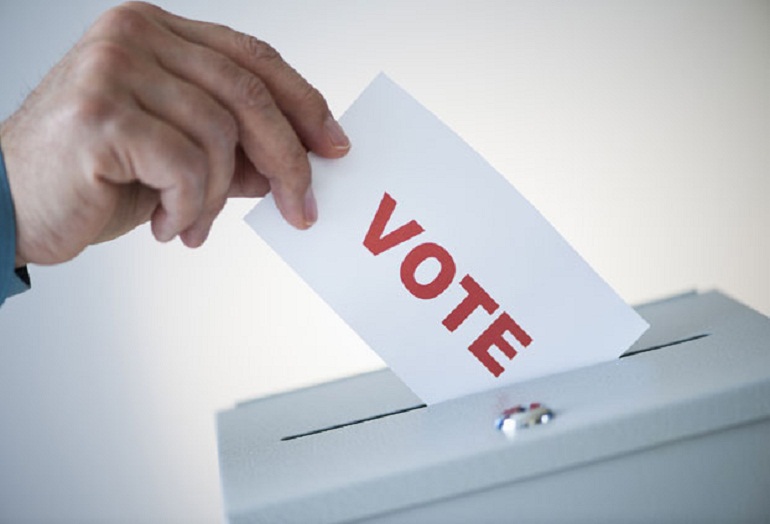Summary: What is the meaning of democracy? Democracy "is government by the people in which the supreme power is vested in the people and exercised directly by them or by their elected agents under a free electoral system." In the phrase of Abraham Lincoln, democracy is a government "of the people, by the people, and for the people."

What is the meaning of democracy?
Democracy is a system of government by the whole population or all the eligible members of a state, typically through elected representatives.
Democracy has two aspects: One aspect is that the structure of the system is constructed by the people; in other words, people select their system; they choose the government; they choose the members of parliament; they choose the important officials directly or indirectly. This is what claimed but not actualized in the West. Some really get upset because we do not take the Western claim of democracy seriously. They take it as prejudice. But actually this is neither our mere words nor a prejudiced one. It is well-informed and based on the comments and examples of the outstanding literature of the West. This is what they say. They do not admit it when they are dealing with public opinion. In public, they say that the only thing which exists is public opinion. But this is not the whole story. They admit this at some levels. There are many examples to this meaning. Is this democracy?! We do not say such a thing. We say that one aspect of religious democracy is the opinion of the people. Of course, people should know, understand and decide so that they will fulfill their religious obligation. Without knowledge they will have no obligations.
The other aspect of democracy is that after people have chosen us we have to fulfill our responsibilities and duties towards them. Some friends have collected these hadiths from Nahjul Balagha and other sources.
و ایاک و المن علی رعیتک باحسانک او التزید فیما کان من فعلک او ان تعدهم فتتبع موعدک بخلفک فان المن یبطل الاحسان والتزید یذهب بنور الحق و الخلف یوجب المقت عند الله و الناس
Imam Ali (A.S) says: “Do not make the people feel indebted to you because you have done them something or you have decided to do so; do not exaggerate what you have done for the people; do not make a promise and break it.” Then he continues: “If you make people feel indebted to you, your good deeds will be nullifies and invalid. {1}
قال الله تعالی: کبر مقتا" عندالله ان تقولوا ما لا تفعلون
Exaggeration will do away with the light of the Righteous; people will not even believe the least truth in what you say. If you break your promise you will sin. {2}
Footenote:
1) Nahjul Balaghah, letter 53.
2) 61:3
Source: http://www.leader.ir/tree/index.php?catid=70&nodeid=11649



